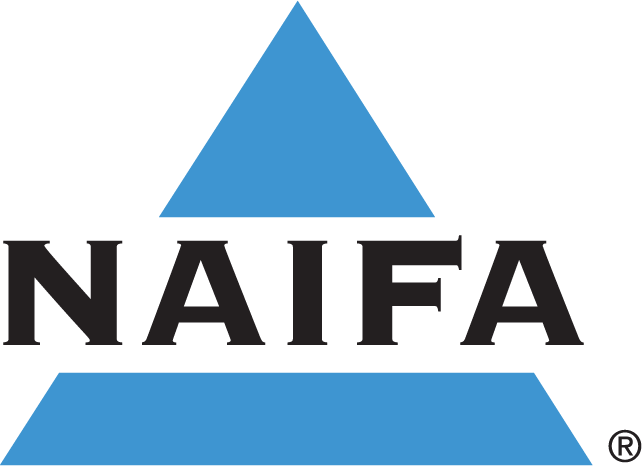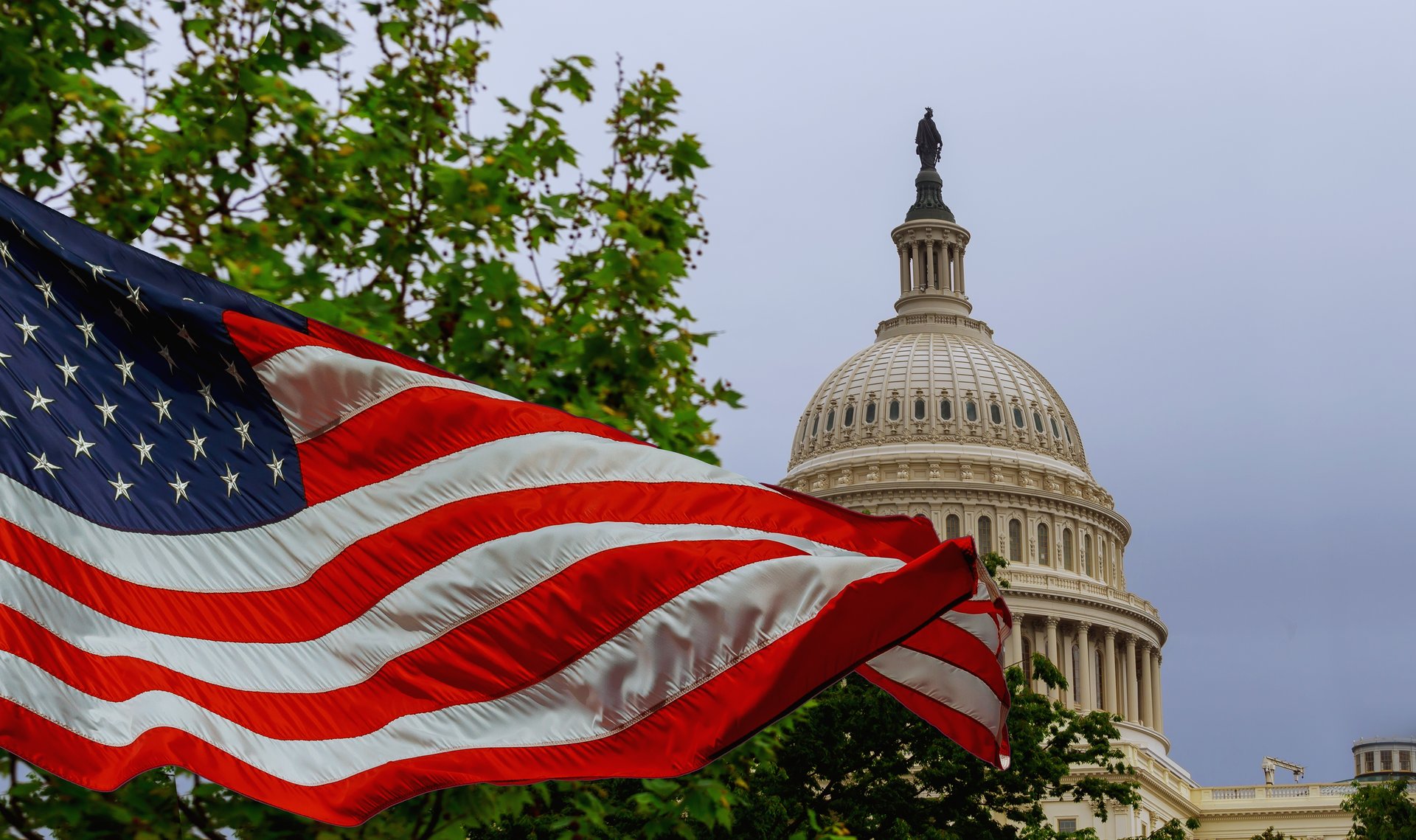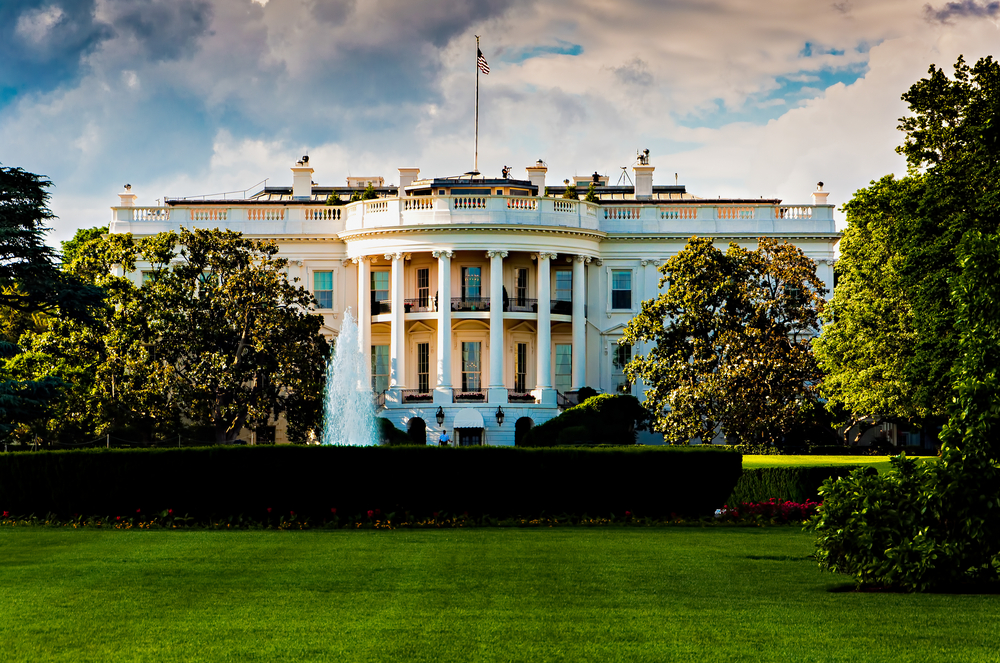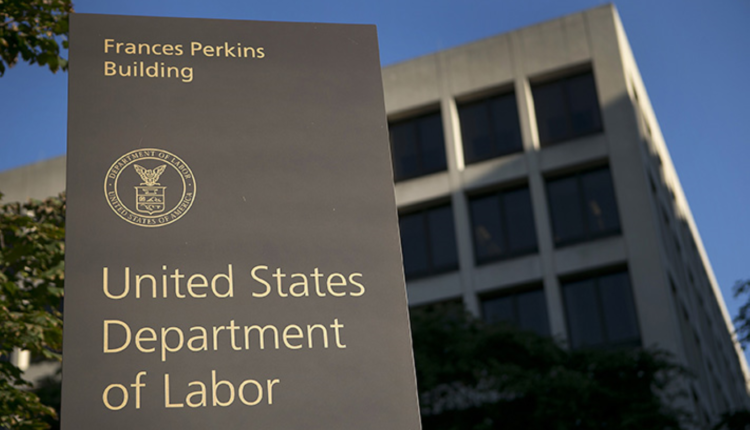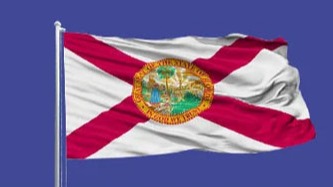The White House has released a fact sheet clarifying some aspects of the latest round of Paycheck Protection Program (PPP) funding that opened a month ago. The PPP provides loans to small businesses, including NAIFA members and their clients, impacted by the COVID-19 pandemic. The low-interest loans may be forgiven if the businesses that receive them meet certain conditions.
The Biden-Harris administration says in the fact sheet that it will implement reforms to the PPP “to build on [its] success by further targeting the PPP to the smallest businesses and those that have been left behind in previous relief efforts.” Specifically, the administration will:
- Beginning Wednesday, February 24, and continuing for 14 days restrict PPP applications to businesses with fewer than 20 employees. “The 14-day exclusive application period will allow lenders to focus on serving these smallest businesses,” the fact sheet says.
- Help sole proprietors, independent contractors, and self-employed individuals receive more financial support.
- Eliminate a restriction that prevents businesses owned by people with delinquent student loans from receiving PPP relief.
- Issue clear guidance confirming that businesses owned by lawful U.S. residents who are non-citizens are eligible for PPP funds.
- Eliminate a restriction that prevented businesses owners with prior felony convictions from applying for the PPP. This is the result of bipartisan legislation passed by Congress. Businesses at least 20% owned by individuals arrested or convicted within the past five years of felonies related to financial assistance fraud will remain ineligible for PPP relief. Businesses owned by individuals incarcerated at the time of application also remain ineligible.
The administration will also address fraud and abuse issues by requiring PPP applicants to pass Small Business Administration fraud checks and be subject to the Treasury Department’s “Do Not Pay” database. Other reforms will increase program transparency, improve the online application website, reach out to stakeholders to discuss additional improvements to the program, and enhance the current lender engagement model, the administration says.
NAIFA’s January 28 webinar on the latest round of PPP, “New PPP Stimulus, Loans, Rules, and Better Forgiveness,” is available on-demand.
